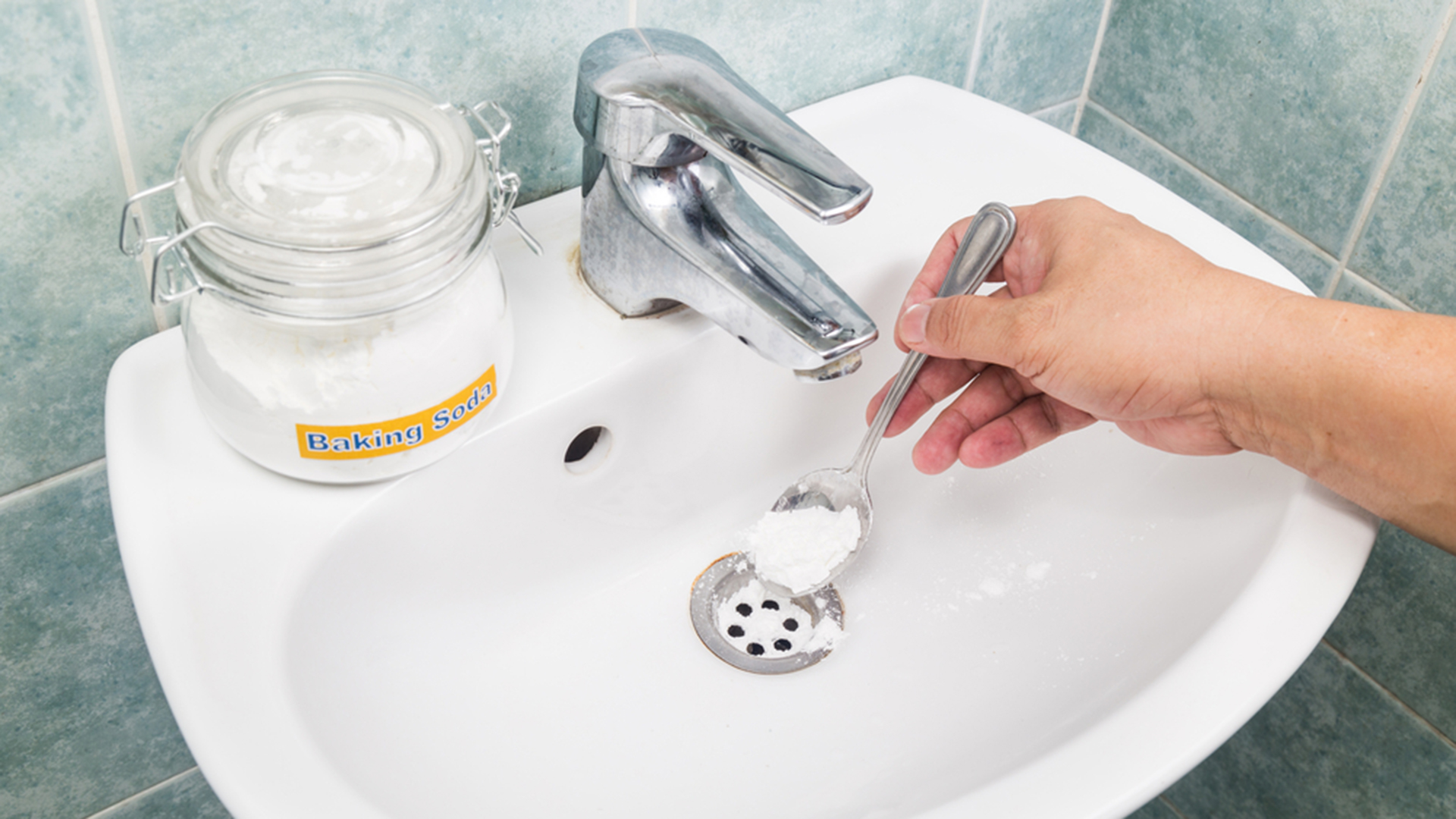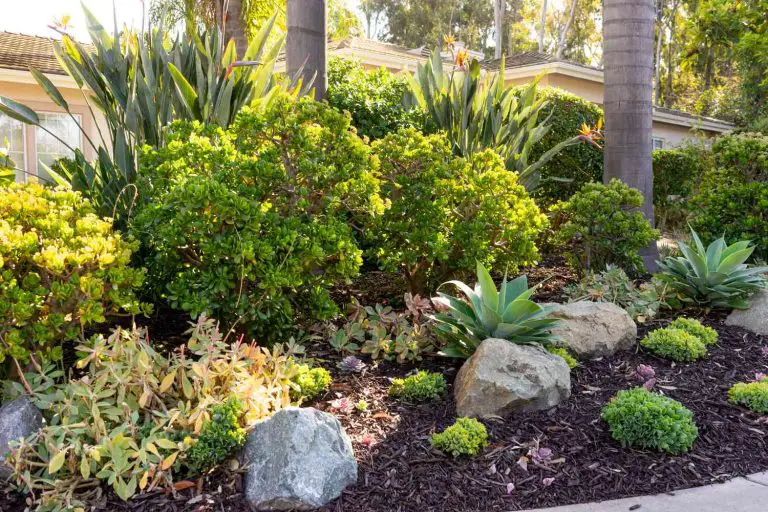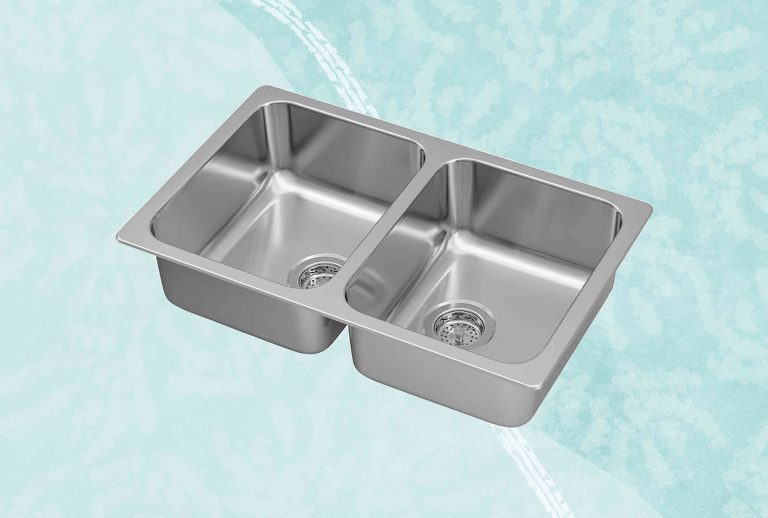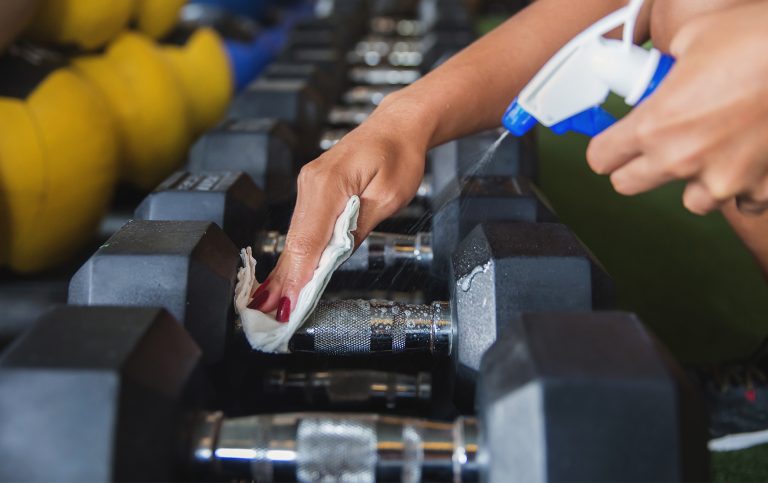How Do You Fix A Slow Drain Naturally?
If you have a slow-draining sink, you don’t have to resort to harsh chemicals to get the job done. There are several natural solutions that are just as effective as store-bought drain cleaners and are often safer and more cost-effective. From natural bacteria treatments to simple mechanical solutions, these methods can help you unclog your drain and keep it running smoothly.
What Causes Slow Drains?
Slow drains are an annoying inconvenience that can be caused by a variety of factors. Common causes of slow drains include clogged pipes, hair and soap buildup, and broken or damaged pipes and fittings. Clogged pipes are the most common cause of slow drains, as they restrict water flow. Hair and soap buildup can also cause slow drains, as these materials can mix together to form a thick, sticky clog. Broken or damaged pipes and fittings can also cause slow drains, as they can leak water or restrict water flow. Regularly cleaning your pipes and inspecting them for any issues can help to keep your drains running smoothly. If your slow drain persists, it is best to consult a professional plumber to ensure that the issue is properly addressed.
Common Natural Solutions for Unclogging a Slow Drain
Clogged drains are a common household problem, but instead of reaching for harsh chemical solutions, why not try some natural remedies first? “Common Natural Solutions for Unclogging a Slow Drain” looks at various methods for unclogging drains without using harsh chemicals. From boiling water and baking soda to using a plunger or drain snake, this blog will provide you with simple and effective solutions to your clogged drain woes. Not only are these solutions effective, but they are also safe for the environment, leaving your home free from harsh toxins and pollutants. So don’t delay, discover natural solutions to your clogged drain today!
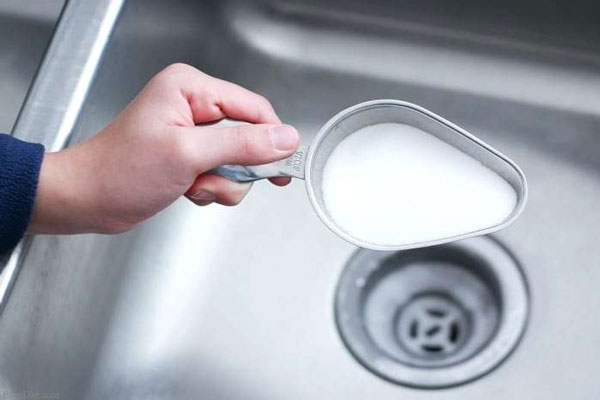
How to Unclog a Slow Drain with Baking Soda and Vinegar
If you have a slow-draining sink, it can be a huge inconvenience. Fortunately, there is an easy and inexpensive way to unclog a slow drain with baking soda and vinegar. All you need is baking soda, white vinegar, and boiling water. First, pour ½ cup of baking soda down the drain. Then pour ½ cup of white vinegar over the baking soda. Keep the drain covered for 5 minutes. Finally, pour boiling water down the drain. This will break up whatever is blocking the pipe, allowing the water to drain away. This method is easy, cost-effective, and safe to use. So if you have a slow-draining sink, try unclogging it with baking soda and vinegar.
How to Unclog a Slow Drain with Boiling Water
If you’ve ever experienced a slow drain, you know how frustrating it can be. Fortunately, there is a simple and effective solution: boiling water. Boiling water can quickly break down any blockages in your pipes and help to unclog the drain. All you need is a pot of boiling water and some patience. Simply pour the boiling water slowly down the drain, giving it time to work its magic. You may need to repeat the process a few times for complete success. With a few simple steps, you can unclog your slow drain and have it working like new in no time!
Other Natural Solutions to Unclog a Slow Drain
Is your slow drain leaving you feeling drained? Don’t worry, there are plenty of natural, cost-effective solutions to unclog your drain. From baking soda and vinegar to boiling water and hot salt water, there are numerous ways to get your drain flowing freely again. And the best part? They all use ingredients you can find right in your kitchen! So instead of reaching for chemical-laden drain cleaners, give one of these natural solutions a try first – and you’ll be back to draining in no time.
How Often Should You Clean Your Drains?
Cleaning your drains is an important part of home maintenance and an effective way to prevent clogs and odors in your plumbing system. How often you clean your drains depends on the frequency of use and the type of drain. Kitchen sinks, in particular, should be cleaned regularly since they are used daily and are prone to grease and food buildup. Bathroom drains should also be cleaned regularly, as hair, soap, and other debris can accumulate in the pipes. In general, you should clean your drains every few months to prevent clogs and keep your plumbing system running smoothly. For more effective cleaning, use a combination of chemical agents and hot water to dissolve debris and remove odors.
Tips for Preventing Slow Drains
Slow drains can be a real inconvenience and often can be prevented with a few simple steps. Here are some tips for preventing slow drains:
1. Inspect your drain regularly – It can be easy to overlook a slow drain, but regular checks can help you identify potential issues before they become major problems.
2. Avoid using chemical drain cleaners – Over time the corrosive chemicals in these products can erode the inner surfaces of the pipes, leading to blockages.
3. Use a plunger to dislodge clogs – Plungers are highly effective tools for clearing blockages in the drain.
4. Install a drain cover – This is a great way to reduce the amount of debris and sediment that can build up in the pipes.
5. Use a drain snake – This is a great tool for reaching deep into the pipes and dislodging even the toughest clogs.
Following these simple tips can help you keep your drains running smoothly and avoid potential problems down the line.
FAQs About the How Do You Fix A Slow Drain Naturally?
Q1: What causes a slow drain?
A1: A slow drain can be caused by a variety of things, such as a clog in the pipes, a buildup of soap scum, or a buildup of hair or grease.
Q2: What is the best way to fix a slow drain naturally?
A2: The best way to fix a slow drain naturally is to use a combination of hot water, baking soda, and white vinegar. Start by pouring a pot of boiling water down the drain, then follow it up with a mixture of baking soda and white vinegar. Let it sit for a few minutes before flushing it down with more hot water.
Q3: How often should I use this method?
A3: This method should be used on a regular basis to ensure that your drains stay clear and running smoothly. It is best to use this method once a month to prevent clogs from forming.
Conclusion
There are several natural ways to fix a slow drain, such as using boiling water, baking soda vinegar, or a plunger. Each of these methods can be used to help clear your drain and get it working properly again. Be sure to use caution when using any of these methods and remember to wear protective gear when using boiling water. Natural methods are a great way to fix a slow drain without having to use harsh chemicals.
